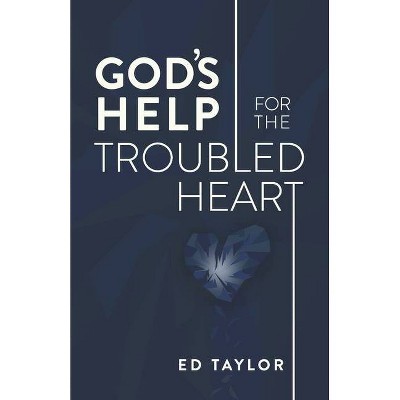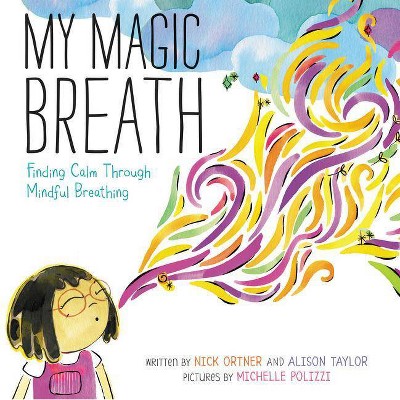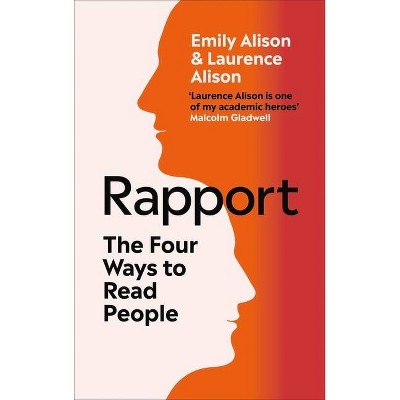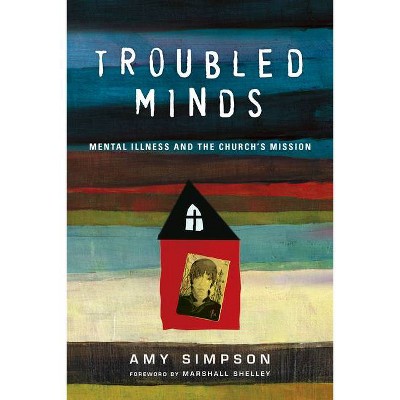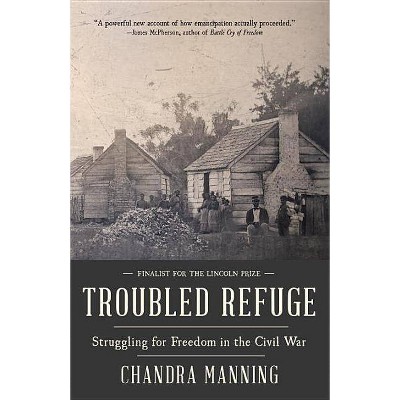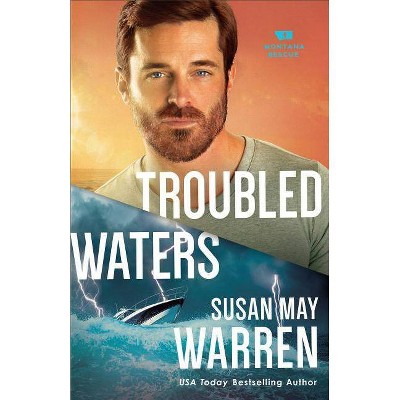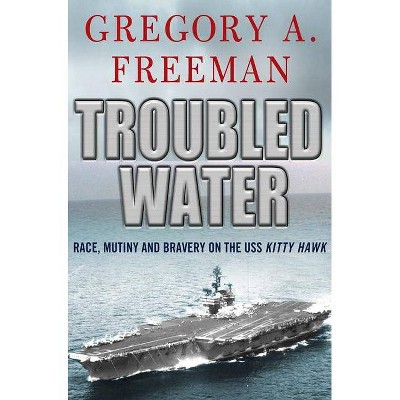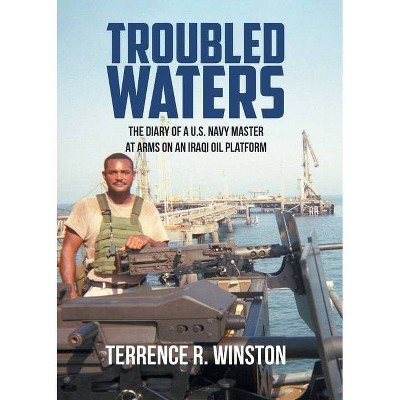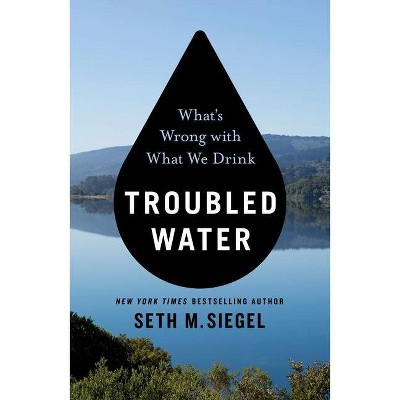Troubled Everyday - by Alison Taylor (Paperback)
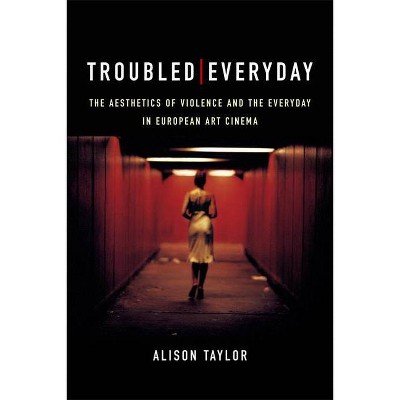
Similar Products
Products of same category from the store
AllProduct info
<p/><br></br><p><b> About the Book </b></p></br></br><p><em>Troubled Everyday</em> offers the first detailed examination of the relationship between violence and the everyday in European art cinema. It calls for a re-evaluation of what gives these films such affective force, and such a prolonged grip on our imagination.</p><p/><br></br><p><b> Book Synopsis </b></p></br></br>Extreme violence in contemporary European art cinema is generally interpreted for its affective potential, but what about the significance of the everyday that so often frames and forms the majority of these films? Why do the sudden moments of violence that punctuate films like Catherine Breillat's <em>Fat Girl</em> (2001), Gaspar Noé's <em>Irreversible</em> (2002) and Markus Schleinzer's <em>Michael</em> (2011) seem so reliant on everyday routines and settings for their impact? Addressing these questions through a series of case-studies, and considering notorious films in their historical and philosophical context, <em>Troubled Everyday</em> offers the first detailed examination of the relationship between violence and the everyday in European art cinema. It calls for a re-evaluation of what gives these films such affective force, and such a prolonged grip on our imagination.<p/><br></br><p><b> From the Back Cover </b></p></br></br>'So often we are dazzled by spectacle; in Troubled Everyday Alison Taylor makes a compelling case for the importance of paying attention to the quotidian. A beautifully written, carefully observed account of the relation of the everyday to violence in film, Taylor not only reframed my thinking about the films in question, but about film as a medium.' Catherine Wheatley, King's College London Extreme violence in contemporary European art cinema is generally interpreted for its affective potential, but what about the significance of the everyday that so often frames and forms the majority of these films? Why do the sudden moments of violence that punctuate films like Catherine Breillat's Fat Girl (2001), Gaspar Noé's Irreversible (2002) and Markus Schleinzer's Michael (2011) seem so reliant on everyday routines and settings for their impact? Addressing these questions through a series of case studies, and considering notorious films in their historical and philosophical context, Troubled Everyday offers the first detailed examination of the relationship between violence and the everyday in European art cinema. And it calls for a re-evaluation of what gives these films such affective force and such a prolonged grip on our imagination. Alison Taylor is a Senior Teaching Fellow in the Faculty of Society and Design at Bond University. Cover image: Irreversible, Gaspar Noé, 2002 (c) Studio Canal/Photofest Cover design: [EUP logo] edinburghuniversitypress.com ISBN 978-1-4744-1522-4 Barcode<p/><br></br><p><b> About the Author </b></p></br></br><p>Alison Taylor is Senior Teaching Fellow at Bond University. In 2014, she received the Dean's Award for Outstanding Research Higher Degree Theses at the University of Queensland.<p>
Price History
Price Archive shows prices from various stores, lets you see history and find the cheapest. There is no actual sale on the website. For all support, inquiry and suggestion messages communication@pricearchive.us
